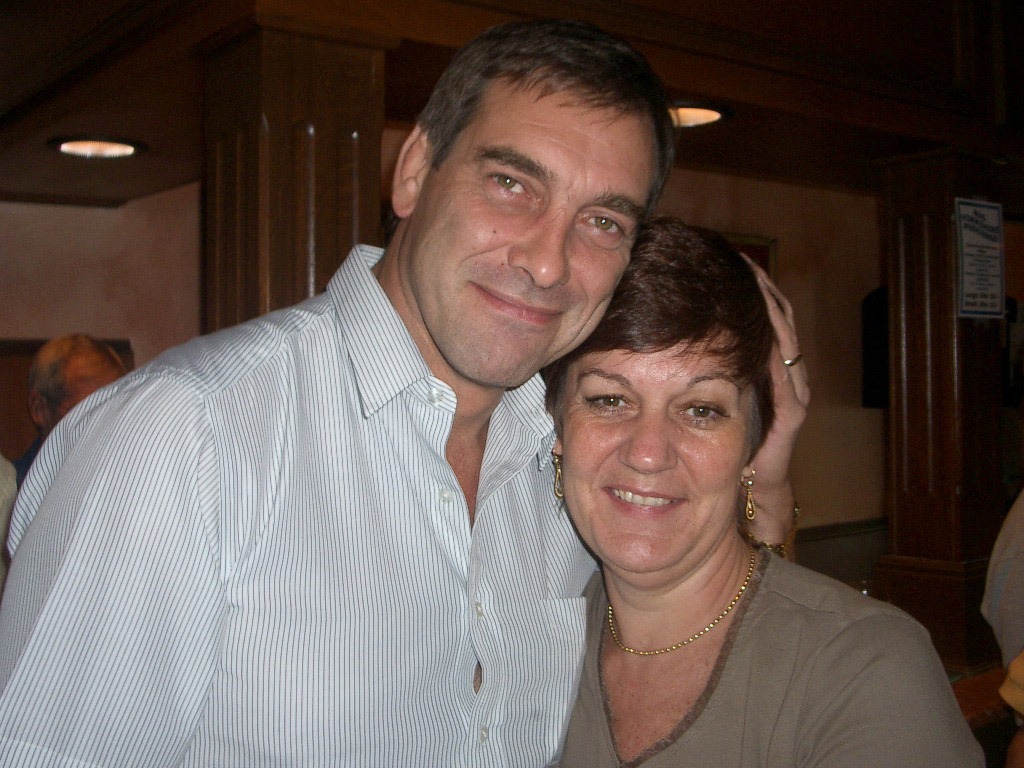Campaigners want assisted dying to be available to those who are suffering from intolerable physical conditions

It’s finally happening: MPs have voted in favour of a bill to introduce assisted dying in England and Wales. In Scotland, MSPs are expected to vote on similar legislation soon.
It’s a huge victory for the many passionate advocates who have spent decades campaigning on the issue. They include the family of Tony Nicklinson, who took his quest for the right to die all the way to the High Court, but was turned down in 2012, with the judge ruling that it was a matter for parliament. “I am saddened that the law wants to condemn me to a life of increasing indignity and misery,” Nicklinson, who was paralysed from the neck down, said after the ruling. He died a week later, after contracting pneumonia and refusing food and treatment.
Nicklinson’s case is one of the most important in the history of the legal battle for assisted dying in the UK. But the fight stretches back much further than that: the campaign group Dignity in Dying, which has been a leading force in this area, was founded as early as 1935. By the 1950s, the issue was being regularly discussed in the pages of this magazine.
Humanists UK, which publishes New Humanist, has been a strong proponent of changing the law, on the grounds of compassion, dignity, personal autonomy and democracy (given the high level of public support for assisted dying indicated in surveys). But for them, like many campaigners, the bills do not go far enough. The Westminster bill, in its current form, restricts assisted dying to patients with less than six months left to live. The Scottish bill is more permissive and would make assisted dying available to patients with “advanced and progressive” terminal illnesses, which would apply to a much wider range of cases.
Yet Nicklinson would likely not have been eligible under these conditions. Humanists UK and others ultimately want to see assisted dying available to those who are “intolerably suffering from an incurable, physical condition”, whether or not it’s considered terminal. But that will now be a discussion for future years.
In Westminster, the text of the legislation is currently being carefully considered by a committee of MPs. It will be sent for a third vote in the House of Commons, likely at the end of April, before moving on to the House of Lords.
In Scotland, the process is slightly different – the bill is being considered by committee before it goes to a parliamentary vote, which is also expected to happen this spring.
Nearly a century after Dignity in Dying was founded, 2025 will be a landmark year in the battle for the right to die in Britain.
This article is a preview from New Humanist’s spring 2025 issue. Subscribe now.
